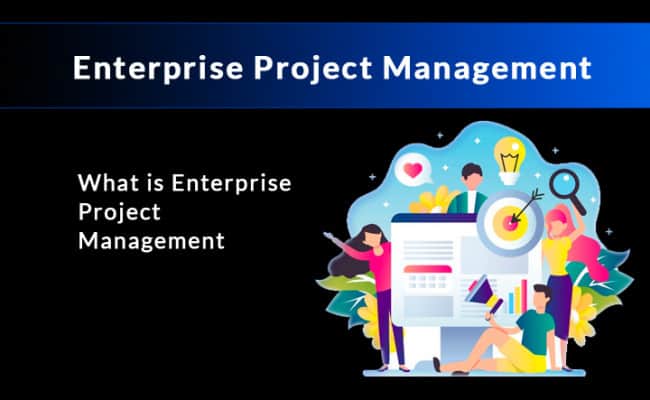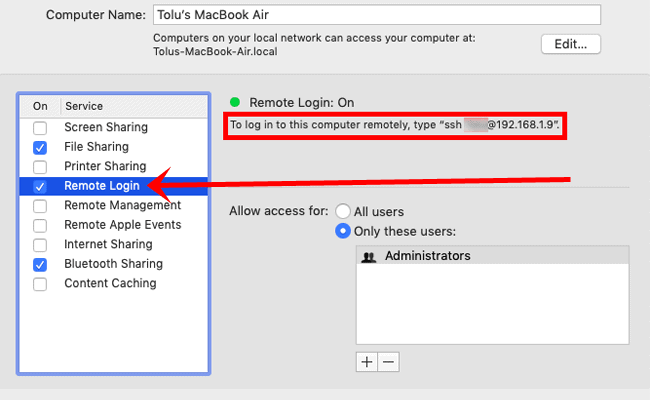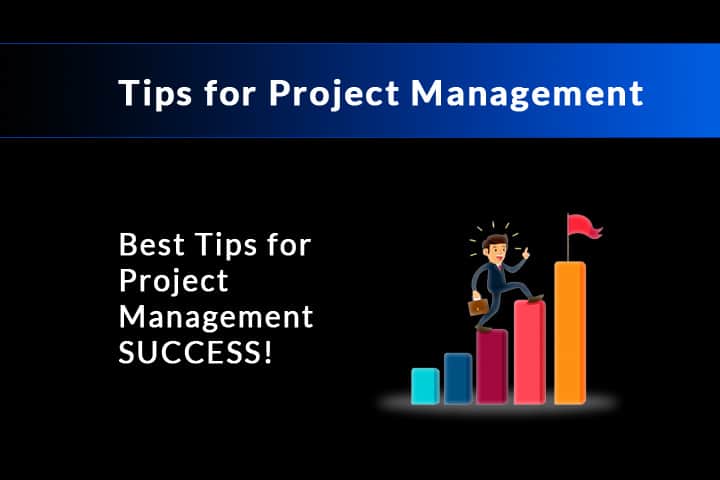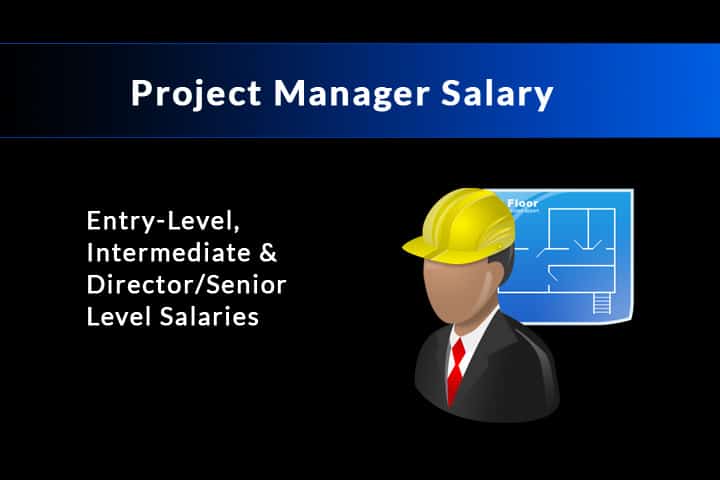Most large organizations are running multiple large, complex projects at the same time and although they may not all be connected, they are all related because they impact the same organization.
Traditional project management focuses on seeing one specific project through from beginning to end while Enterprise Project Management manages multiple large, complex projects simultaneously.
What is Enterprise Project Management:

Enterprise Project Management (EPM) is the practice of managing projects at a company-wide scale.
EPM takes project management to the next level by streamlining and improving the effectiveness of project management on a large scale by the following methods:
Project Management Software
By implementing project management software solutions, organizations are able to consolidate multiple projects into one solution.
This makes tracking complex projects much more simple and increases visibility at a micro and macro level.
Managers can see how each project is performing and also see how all projects are performing against company wide goals and budgets.
Project Management Departments
Simply implementing project management software isn’t enough, organizations need project management departments with project managers who can lead and drive project teams to meet their objectives.
Many organizations will promote from within or hire project management professionals who have the skills and experience to manage complex projects.
Stages of Growth
With a powerful Project Management Software and Project Management Team, organizations then focus on the “stages of growth” of an organization.
Benefits of Enterprise Project Management

Project Management was created because there was a need for more efficient projects.
As organizations grow, the complexity and increased number of simultaneous projects drives the need for Enterprise Project Management.
Not having structure in place to manage projects leads to wasted time and effort, missed opportunities, inconsistent decision making, duplication, and loss of profit.
Enterprise Project Managers strategically focus on overarching business objectives in order to be successful.
Enterprise Project Management practices can identify when there are duplicate efforts, conflicts, and they can recognize opportunities as they arise.
Some Benefits of EPM include:
- Improved productivity
- Reduced risk
- Higher-quality output and end products
- Full use of team skills and abilities
- Greater creativity
- Enhanced reliability of delivery
- Higher customer satisfaction
How to Implement Enterprise Project Management
Enterprise Project Management focuses on driving projects and teams to meet the organizations core mission and strategic objectives.
In order to implement an EPM System, you first need to take a look at the companies existing projects and organizational culture.
If there are stakeholdettttrs involved, they should be included and involved so that there is always full transparency.
Furthermore, understanding the Seven Elements of EPM will be a good start in implements an effective Enterprise Project Management structure in an organization.




